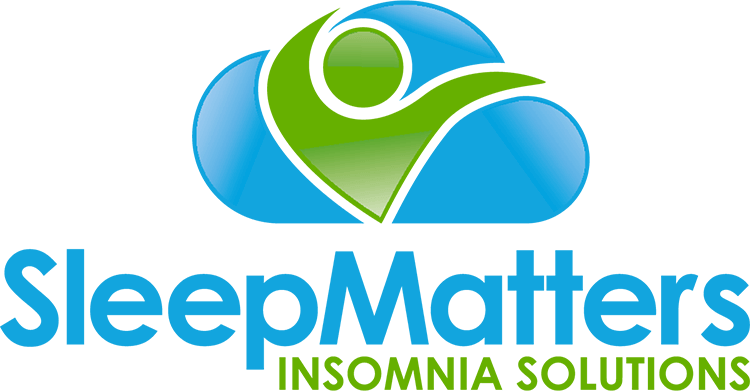
It can feel a little strange to think of having a session with your health professional via an online video session or phone. We’ve become a little more used to this during COVID-19 and there is now more evidence accumulating on the effectiveness of telehealth as a treatment format.
A recent American study suggests that online telehealth consultations are as effective as in-clinic consultations for the treatment of insomnia. This is welcome news for people experiencing insomnia, and especially those who find travelling to the clinic challenging due to work, family, distance, or COVID physical distancing needs.
The study, published in the online journal SLEEP, assessed treatment outcomes for 65 adults with insomnia. They were allocated to receive either in-clinic or telehealth consultations. The treatment was six sessions of CBT-I which is the gold standard treatment for this sleep disorder.
The study looked at insomnia severity and daytime functioning up to three months after the end of treatment. Results suggested that both treatment delivery formats were effective for insomnia severity and daytime functioning. The positive treatment results held at the end of treatment and also three-month post-treatment. The therapy relationship was also equally positive across in-clinic and telehealth formats.
In addition to being convenient, telehealth allows clients to receive individualised care as they are working with their clinician ‘live’ as they would in a face-to-face consultation. It’s reassuring to see clinical trial results echoing what we are finding in practice, that telehealth can be a simple and effective method of treatment delivery.
The findings in this study are important as they may help to break down barriers to accessing non-drug treatment for insomnia. Many people use medication to assist with insomnia as they feel that therapy is too costly, time-consuming, and inconvenient. Much data is now accumulating to suggest that CBT is not only a more effective long term treatment than medication, but it is cost-effective and, as the current study suggests, can be delivered in a convenient Telehealth format.
Suitability for CBT-I.
In general, people experiencing two or more of the following symptoms for 3 months or longer may have insomnia and benefit from CBT-I :
- Difficulty falling asleep
- Difficulty returning to sleep after nocturnal awakenings
- Waking up not feeling refreshed
- Daytime fatigue and reduced functioning
- Worry about lack of sleep
- Low mood associated with sleep difficulties
What does Cognitive Behaviour Therapy-Insomnia involve?
- Providing science-based facts about sleep to help people understand what healthy sleep is, and how it is regulated.
- Understanding the three barriers to sleep and how to manage them.
- How to optimise sleep routines to fall asleep faster and reduce night-time wakings.
- Strategies to calm a busy mind and/or tense body.
- Strategies for improving daytime energy.
- Reducing worry about sleep.
- Reducing reliance on sleeping tablets (where appropriate).
We look forward to assisting you towards better sleep online or in the clinic.
Blog overview